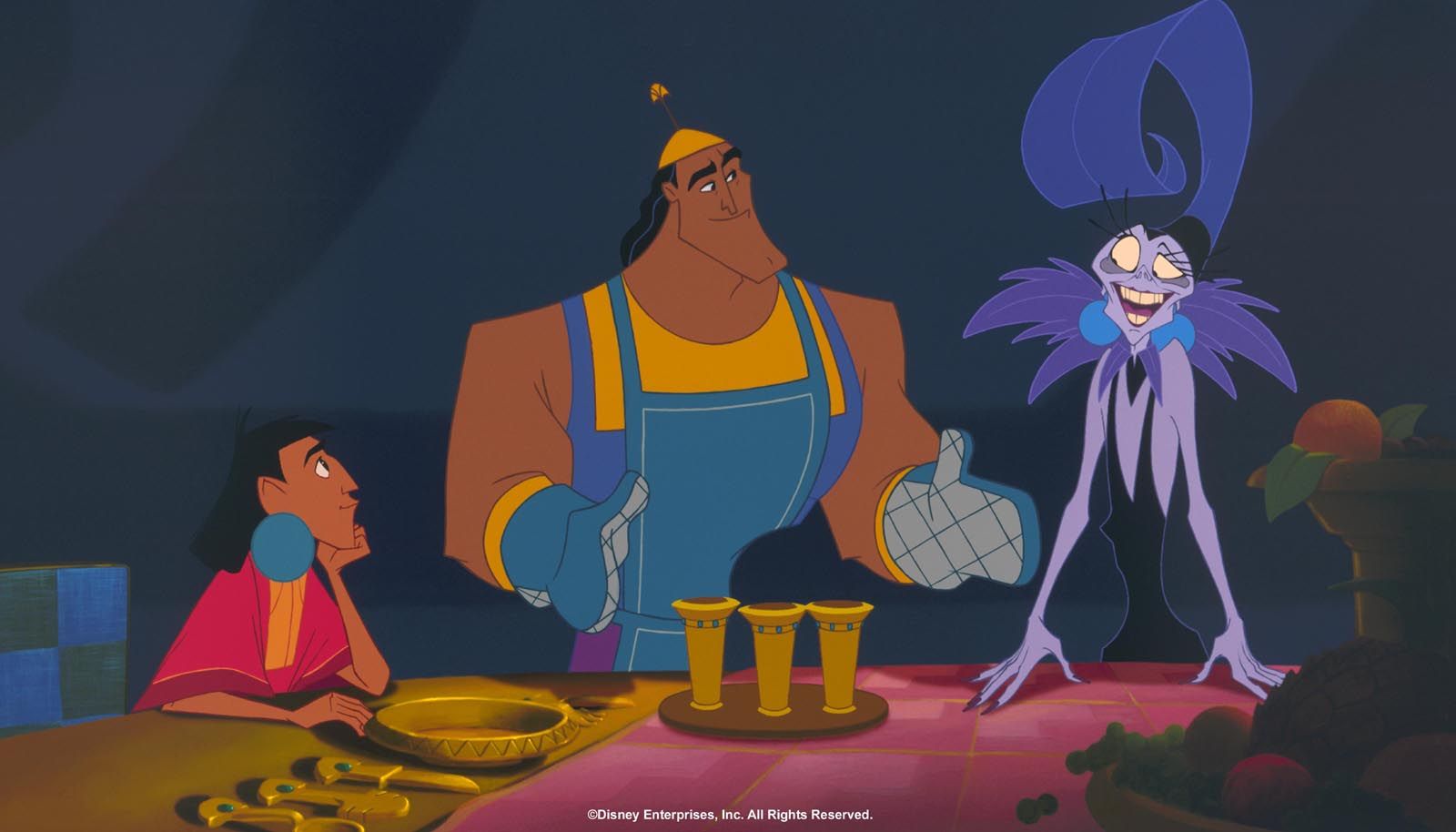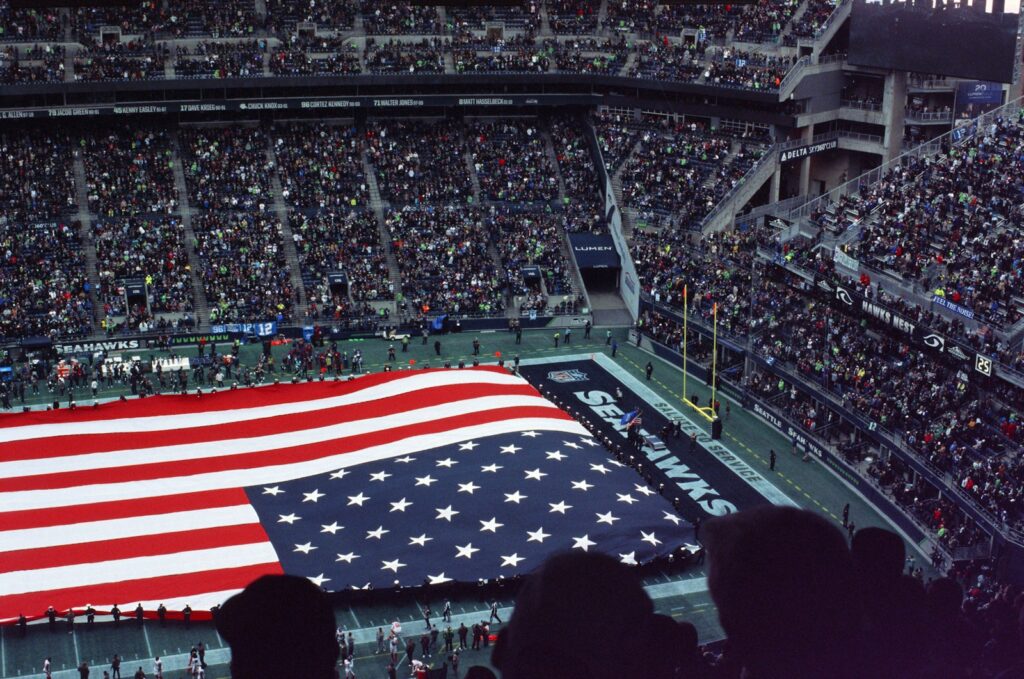
The Super Bowl stage is often a reflection of broader American life, a space where culture, entertainment, and increasingly, politics intersect. This year’s Super Bowl LIX in New Orleans proved no exception, featuring performances that sparked debate and highlighted ongoing conversations about race, identity, and social messaging in public forums.
At the start of Sunday’s game, preceding the traditional national anthem, singer Ledisi performed “Lift Every Voice and Sing.” This powerful hymn, widely known as the Black national anthem, has a rich history that significantly predates the official adoption of “The Star-Spangled Banner” as America’s national anthem in 1931.
The song’s origins trace back to 1900. It was first performed by a choir of 500 schoolchildren in Jacksonville, Florida. The lyrics were written by James Weldon Johnson, a renowned author, educator, lawyer, and civil rights activist.

Johnson initially set out to write a poem to commemorate President Abraham Lincoln’s birthday in late 1899. His brother, John Rosamond Johnson, composed the music for the piece, which James Weldon Johnson himself referred to as a “National Hymn.”
According to the NAACP, where Johnson was a leader, the song’s lyrics “eloquently captured the solemn yet hopeful appeal for the liberty of Black Americans” at the turn of the 20th century. The organization notes that the song, “set against the religious invocation of God and the promise of freedom,” was later adopted by the NAACP and prominently used as a rallying cry during the Civil Rights Movement of the 1950s and 1960s.
Rufus Jones, president of the James Weldon Johnson Foundation, emphasized that the song was written and popularized decades before “The Star-Spangled Banner” became the national anthem. He explained the context of its rise, stating, “In Jim Crow America, when everything was ‘separate and equal,’ so to speak, Black folk found their own sources of inspiration.”
This historical significance and its colloquial title as the Black national anthem have, however, led to controversy for some. Rep. Lauren Boebert, a Republican from Colorado, has been among those expressing criticism, notably tweeting before the 2023 Super Bowl performance, “America only has ONE NATIONAL ANTHEM. Why is the NFL trying to divide us by playing multiple !? Do football, not wokeness.”

The performance of “Lift Every Voice and Sing” this year marked its fifth consecutive appearance in the Super Bowl pregame ceremony. For the 2025 game at Caesars Superdome in New Orleans, Ledisi was joined by 125 high school student singers from New Orleans to celebrate the hymn’s 125th anniversary.
Ledisi shared her feelings about the opportunity, writing on social media, “Honored.” She further elaborated during a news conference this week, saying she felt she was “in alignment with greatness to stand in this moment and sing that song.
The Grammy-winning artist added, “I’m used to this in my career, standing in moments, representing the past and the future and the current state of the world. I’m used to that pressure. I just remember who I’m doing it for. I remember my ancestors. I remember everyone waiting for this moment to feel hopeful and to feel represented.

In addition to Ledisi’s vocal performance, actor Stephanie Nogueras provided an American Sign Language performance of the song. The pregame lineup also included Jon Batiste singing the national anthem and Trombone Shorty and Lauren Daigle performing “America the Beautiful.”
The song’s presence at the Super Bowl began featuring regularly ahead of four previous games. Alicia Keys performed it in a pre-recorded video before the 2021 Super Bowl. The following year, Mary Mary sang it from outside SoFi stadium at Super Bowl LVI.
In 2023, Sheryl Lee Ralph delivered a memorable on-field performance before Super Bowl LVII. She highlighted the timing, sharing on social media at the time, “It is no coincidence that I will be singing the Black National Anthem, Lift Every Voice and Sing at the Super Bowl on the same date it was first publicly performed 123 years ago (February 12, 1900). Happy Black History Month.”
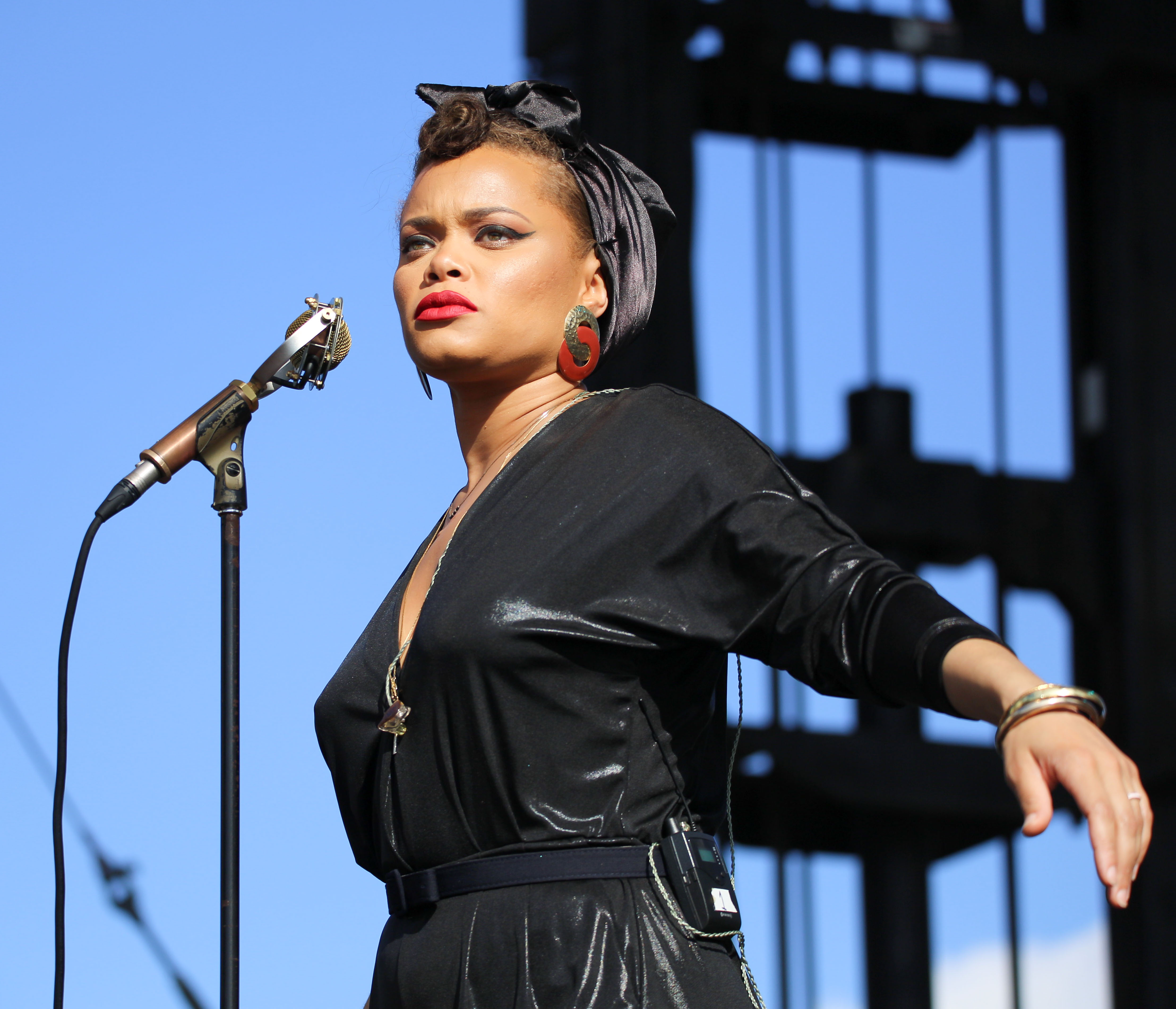
The 2024 Super Bowl saw Andra Day performing the song. Its incorporation into NFL events gained broader traction in 2020, when the league played “Lift Every Voice and Sing” before all 16 of the Week 1 games. At the time, the NFL stated it was working to “amplify work done by its players and the families who are trying to address social justice issues.
Troy Vincent of the NFL commented on the song’s enduring relevance, stating, “[The song] has encouraged generations of Black people that God will lead us to the promises of life, liberty and pursuit of happiness. It’s as pertinent in today’s environment as it was when it was written.”
Despite this, the song’s inclusion continues to draw disagreement. Beyond Rep. Boebert’s comments, other critics have emerged. One called the song, which speaks to resiliency and the prospect of better days for an oppressed people, a “Black supremacy” song, while still another labeled it “racist and divisive.
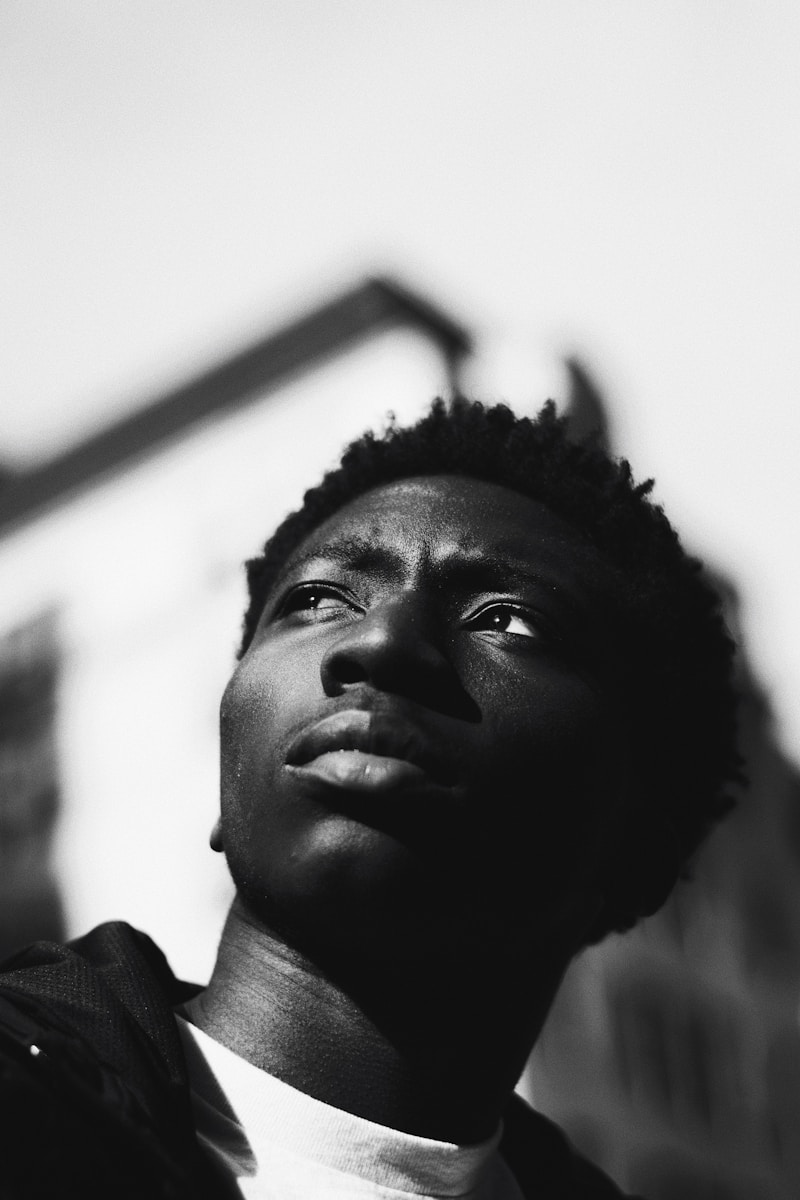
Some Black conservatives have also voiced opposition, describing the song’s performance at the game as “a desperate Hail Mary to exploitation” and arguing that it “foments racial divides and animosity.”
The controversy surrounding the song aligns with increasing rejections of antiracism messaging and diversity, equity, and inclusion (DEI) efforts in many facets of American life, from sports to corporate boardrooms to the federal government. Gerald Early, a pop culture essayist at Washington University in St. Louis, commented on this trend.
Early suggested, “The performance of the song should be framed to the public not as a protest song but as a song of Black affirmation, perseverance, and inspiration.” He lamented that “it is unfortunate that the song’s performance has become a culture war issue.”
There was a similar outcry last year when Andra Day performed the song, but this year’s controversy, according to Early, seems to align with “the first few weeks of Donald Trump’s return to the White House.” Early noted that Trump “has always been opposed to this sort of thing,” and “Feelings might be running a bit more strongly on this issue since Donald Trump won the election decisively.”

Despite the political friction, Early maintained that having “Lift Every Voice and Sing” performed is not necessarily “an indictment or remonstration on the league—or a political statement.” He noted that those opposed to the song often view it as “another protest or as a protest song” and link it to past protests, such as Colin Kaepernick taking a knee during the national anthem in 2016.
Early suggested that those critics are, more than likely, “sick of protests associated with American sports and American entertainment generally.” Kaepernick’s protest against police brutality of Black men led to significant controversy, and he never played in the league again after that season, with Trump leading discourse against him.
The issue of race within the NFL remains pertinent. While Black players make up about 53% of the athletes in a league that was integrated in 1946, a recent Associated Press survey of 65 Black NFL players indicated disappointment that 11 franchises have never hired a Black coach. Concerns about the overall lack of Black coaches have existed for over 40 years.
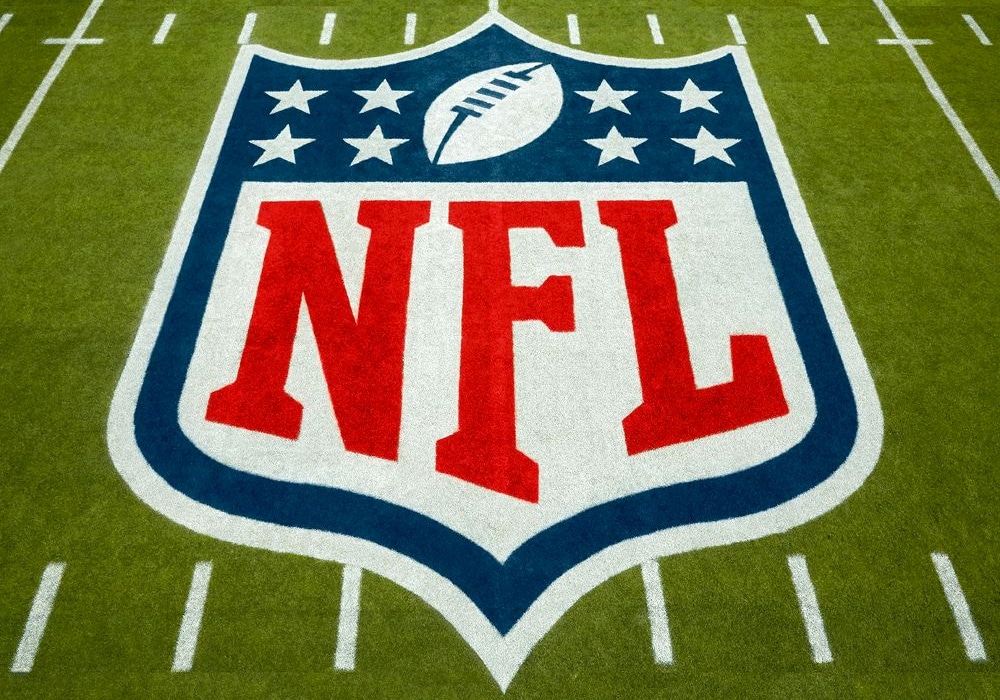
The NFL has also evolved its messaging displayed on the field. Beginning in 2020 after protests sparked by the police murder of George Floyd, endzone stencils initially read “End Racism.” This year, at the Caesars Superdome, touchdowns were scored in front of the message, “Choose Love.
Early commented that this change in messaging “may have political implications,” adding, “The problem the NFL is facing is that once you begin to advertise socially conscious messages, you offend people who don’t want to be preached to while watching sports. They go to sports to escape politics, not to get more of it.”
Trump, who attended Sunday’s game, has been actively pushing corporations to end DEI programs, a stance supported by many conservatives. NFL Commissioner Roger Goodell, however, stated this week that DEI policies have improved the league and affirmed the organization’s commitment to them.

The controversies weren’t limited to the pregame ceremony. Kendrick Lamar’s Super Bowl LIX halftime show also drew criticism from some conservative voices. The 22-Grammy Award-winning hip-hop star’s performance was noted for its political undertones, including actor Samuel L. Jackson playing a character akin to “Uncle Sam” who attempts to censor the rapper, dancers forming the American flag with their bodies, and speculation around a lyric change.
Lamar kicked off his performance saying, “The revolution is about to be televised. You picked the right time but the wrong guy.” While many hip-hop fans praised the performance for its political stance and centering of Black culture, particularly Black Los Angeles, some conservative commentators made their disapproval clear.
Kari Lake, former Trump-endorsed Republican Arizona gubernatorial nominee, wrote on X, “Halftime Show 0/10.” Popular right-wing podcaster Benny Johnson also slammed the performance, writing, “Hey NFL, Trump won. We no longer let talentless, mumbling, pagan, satanic cultists do halftime shows and pretend like people like it.”
Charlie Kirk, a Trump ally, expressed his disdain, posting, “This music is not my style.” Disgraced former Republican congressman George Santos called it “absolute TRASH,” asking, “Who booked this garbage for the halftime how?”
Rep. Lauren Boebert also weighed in on the halftime show, tweeting, “Tell me I’m not the only one needing subtitles for this!!” Far-right political pundit Matt Walsh similarly deemed the performance “trash,” adding, “Nobody can even understand what he’s saying. And the vast majority of football fans haven’t even heard of most of these songs.”
Former Congressman Matt Gaetz also criticized Lamar’s performance, tweeting, “The halftime show you just watched is clearly the regime’s response to Trump’s historic gains with Black men.” This prompted pushback from X users who noted Lamar was booked months before Trump’s election victory.
Gaetz also included a comment about Kansas City Chiefs tight end Travis Kelce, stating, “Vaccines have clearly impacted the play of Travis Kelce,” though it was unclear if this was meant as a joke.
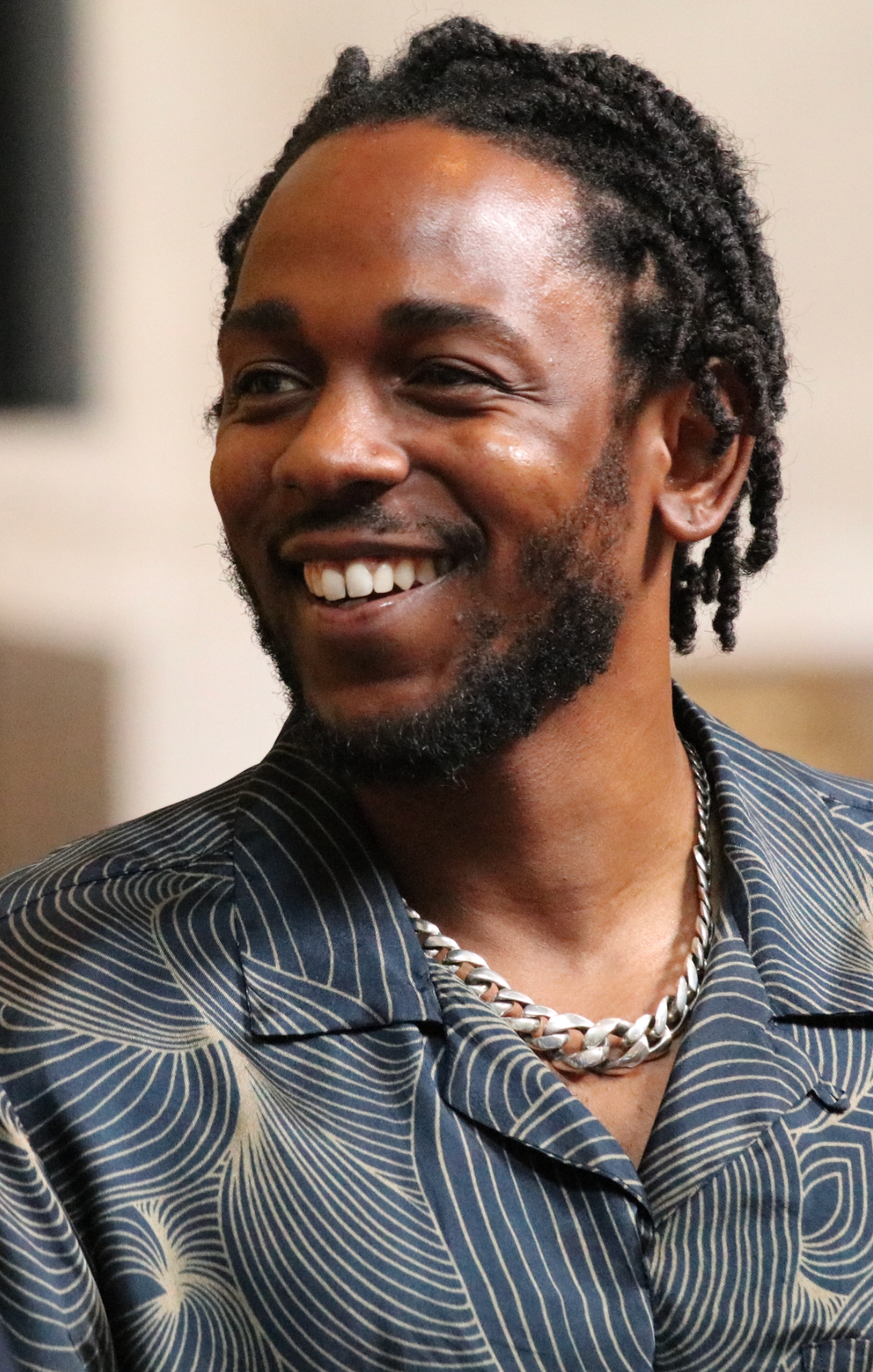
While many speculated that Lamar’s political undertones were a direct message to President Trump, who attended the game, Trump was not present for the halftime performance. He was already scheduled to depart around that time and was reportedly on his way back to Air Force One.
Kendrick Lamar had previously made his views on Trump clear during Trump’s first term. In a 2017 interview on Fuse TV, Lamar said Trump’s rise “is something that completely disregards our moral compass,” contrasting him with former President Barack Obama.
Lamar emphasized what he saw as key differences in “morals, dignity, principles, common sense.” He questioned, “How can you follow someone who doesn’t know how to approach someone or speak to them kindly and with compassion and sensitivity?”
After attending the game and departing early, Trump offered his own post-match analysis on Truth Social, though he did not publicly comment on Lamar’s performance. His criticism was directed at the game’s kickoff, stating, “The worst part of the Super Bowl, by far, was watching the kickoff where, as the ball is sailing through the air, the entire field is frozen, stiff. College Football does not do it, and won’t! Whose idea was it to ruin the game?”

As one of the prominent voices commenting on the Super Bowl performances, Rep. Lauren Boebert’s public persona has often drawn attention. While she represents a district in Colorado and serves in Congress, aspects of her background and activities outside of the legislative chamber have been reported, shedding light on the figure behind the social media commentary.
Boebert, who is 38, is a young grandparent, as is Kid Rock, 54, whose granddaughter is around ten years old. This shared status was noted in a report exploring a potential pairing between the two, sparked by reports of them leaving a party together during inaugural celebrations for President Trump. Boebert’s campaign manager described her as a “supporter of the performing arts.
This description contrasts with a widely reported incident in September 2023 where Boebert was escorted out of a Denver performance of Beetlejuice: The Musical. Reports indicated she was removed after “causing a disturbance.” Her campaign initially stated she had merely “enthusiastically enjoyed” the performance.
However, leaked surveillance video reportedly depicted behavior including blowing vape clouds into the air, dancing in her seat, taking pictures despite being asked not to, and engaging in behavior Politico described as “Boebert and her male companion fondling each other sexually during the show.” As security removed her, Boebert reportedly made an impolite gesture towards an usher.
Before her political career shift, Lauren Boebert owned a firearms-themed restaurant in Rifle, Colorado, called Shooters Grill. The restaurant reportedly encouraged staff to open-carry guns, and its menu featured items like a “Swiss & Wesson” burger and “Locked N’ Loaded” nachos.
Interestingly, Kid Rock is also a restaurateur, operating Kid Rock’s Big Ass Honky Tonk & Rock ‘n’ Roll Steakhouse in Nashville. This establishment gained attention for reportedly defying Covid restrictions and for an incident where Kid Rock reportedly made drunken comments about a well-known talk show host.
The report exploring a potential pairing between Boebert and Kid Rock also touched on their shared capacity for being “spirited in public.” This included mentioning Boebert heckling President Biden while he was speaking about his son’s death and Kid Rock being involved in a fight at a Waffle House.
Both figures have also explored unlikely political ambitions. Despite past controversies, Boebert secured upset victories in her district before deciding to run in a different, more Republican-leaning district in late 2023. Kid Rock teased a Senate run in 2017, using his concerts for what was described as a “theatrical, rhyming, profanity-filled stump speech of sorts” criticizing various figures and groups.
Kid Rock also floated the idea of a presidential run, rap-announcing to a crowd, “If ‘Kid Rock for Senate’ has got folks in disarray / Wait ’til they hear ‘Kid Rock for President of the U.S.A.’!” He later claimed this political tease was a stunt to promote his album after facing issues regarding campaign finance registration.
The song “Lift Every Voice and Sing” itself offers a profound message of perseverance and hope, reflecting on a difficult past and looking towards a brighter future. The lyrics describe a journey from suffering and hardship to a place of freedom and hope, guided by faith.
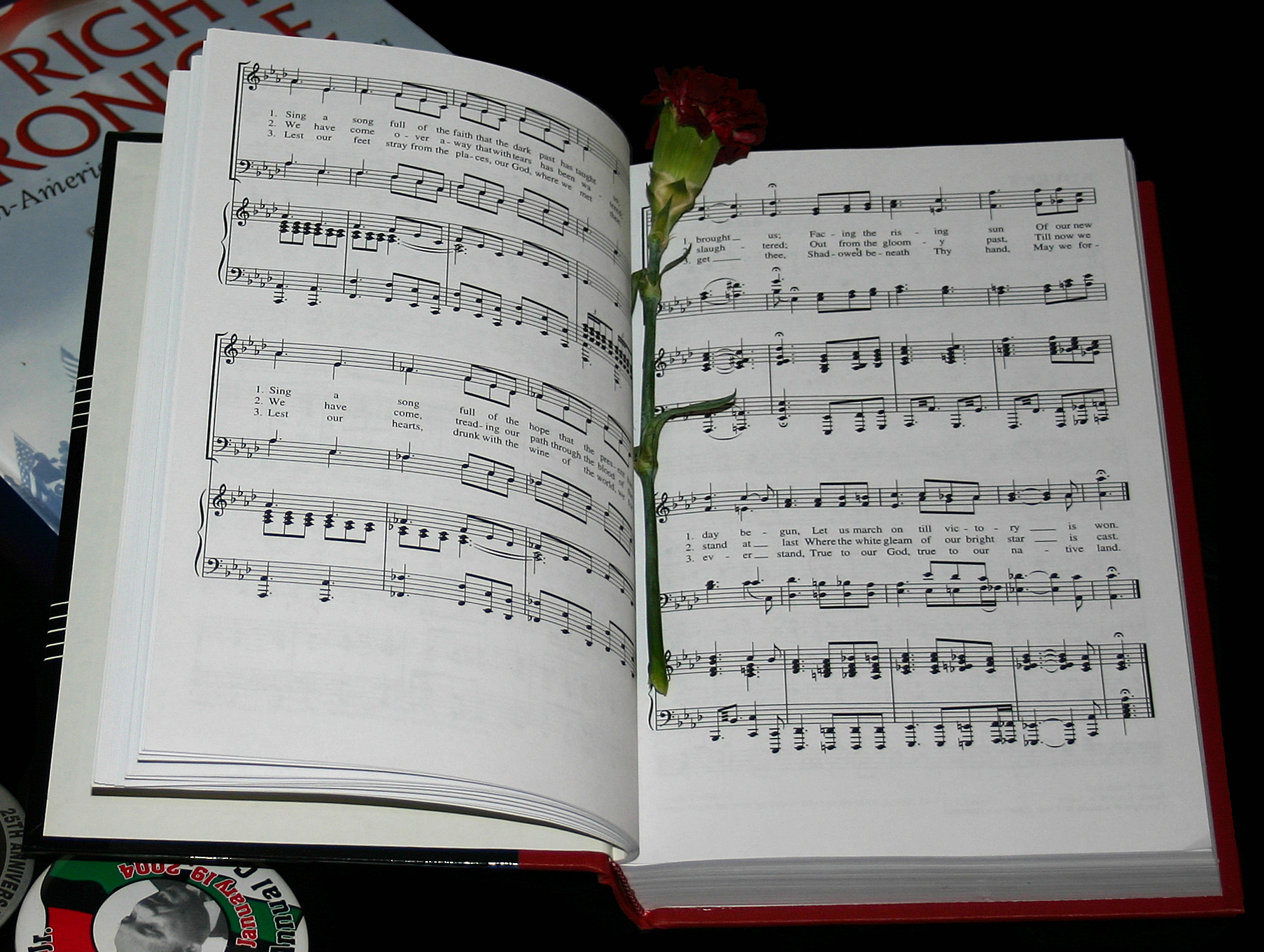
It begins with a call to collective voice: “Lift every voice and sing, ‘Til earth and heaven ring, Ring with the harmonies of Liberty.” The song acknowledges the struggles endured: “Stony the road we trod, Bitter the chastening rod, Felt in the days when hope unborn had died.”
Yet, it speaks of resilience and progress: “Yet with a steady beat, Have not our weary feet, Come to the place for which our fathers sighed? We have come over a way that with tears has been watered, We have come, treading our path through the blood of the slaughtered, Out from the gloomy past, ‘Til now we stand at last Where the white gleam of our bright star is cast.”
The hymn concludes with a prayer for continued guidance and faithfulness: “God of our weary years, God of our silent tears, Thou who has brought us thus far on the way; Thou who has by Thy might, Led us into the light, Keep us forever in the path, we pray.” It also includes a plea to remain true to faith and country: “Lest our feet stray from the places, our God, where we met Thee, our hearts drunk with the wine of the world, we forget Thee; Shadowed beneath Thy hand, May we forever stand, True to our God, True to our native land.” Ken Knuckles, a music teacher with over 25 years of experience, described the song as a “powerful, inspirational song.” He noted he has taught it to students as young as middle schoolers.
Knuckles shared that his students “sing it the way it’s supposed to be sung: with pride.” He emphasized, “It’s the words. Words have power and this song is about achievement. The song means the world to people of color. It reflects how long we had to struggle to get where we are now. The song is inspiring and aspiration.”

Super Bowl LIX, aired on FOX, took place on Sunday, February 9, from Caesars Superdome in New Orleans, with kickoff scheduled for 6:30 p.m. ET.
The moments surrounding the game, from the pregame performances honoring a historic hymn to the politically charged halftime show and the subsequent commentary, illustrate how major sporting events have become a central arena for America’s cultural and political debates. These performances, while intended as entertainment or tribute, sparked intense reactions, highlighting the deep divisions and ongoing conversations about identity, history, and social expression in the public square. It seems the gridiron is now just as much a stage for these complex dialogues as it is for the game itself.



